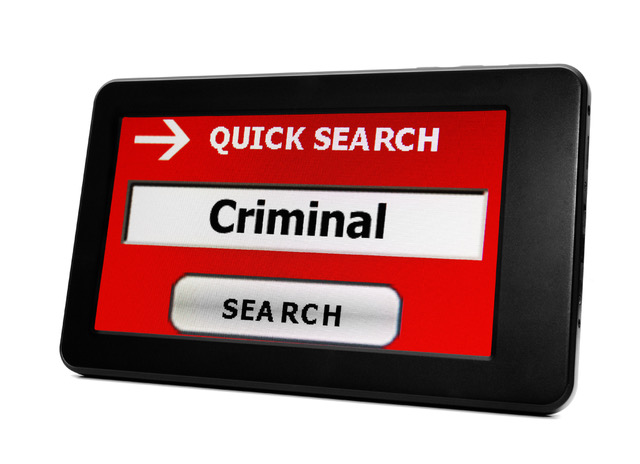By Susan McCullah
According to the Bureau of Labor Statistics, the unemployment rate for December 2019 was 3.5%. This is an historically low percentage of Americans without jobs. The good news is the economy is booming, people are working, and there’s money being spent to stimulate large industries like retail, auto, and real estate.
For employers looking for new staff, the news may be less shiny. After all, when the unemployment rate is as low as it is now, the high performers most likely have jobs. However, there is a segment of the population where recruiters may have overlooked before, that deserves a second glance.
Job seekers with a criminal history.
While they haven’t been considered a part of the population to actively woo, hiring people with criminal records is not necessarily a bad decision. It may be the best move to fill the open positions that are giving you trouble.
Here’s what you need to know about addressing the low unemployment rate by taking a second look at job seekers with criminal histories.
Consider the Job
The first thing to do is think about your open positions. Do you need forklift drivers? Delivery people? Cleaning staff? Help desk attendants? Are you searching for job candidates to fill Accounting, Operations, and Marketing positions? While a criminal history doesn’t knock job seekers out of being perfectly qualified for some jobs, it may prohibit them from performing others. Review each job description, the person’s access to confidential information and company funds, and decide if a criminal record would affect the person’s ability to perform well.
Review the Offense
The type of crime the person committed is a significant factor in whether to hire them. Was it a violent crime? Did they steal from their previous employer? Was the conviction due to drug use? When hiring those with a criminal past, it’s important to consider WHAT they did in relation to the job you need filled. Chances are good that some convictions won’t hinder the person’s ability to do a good job.
Look at the Time That’s Passed
Happily people can, and do, change. Over time, the conviction they show in their history has less impact over the person they are. If the crime was committed several years ago, it should weigh much less on your hiring decision than if it happened within the last year. Ruling out crimes in the distant past can open your organization up to many job seekers who may end up being productive, enthusiastic employees.
Gather Other Information
While it’s not wrong to weigh a person’s criminal history into the hiring decision, it doesn’t need to be the only criteria you base it on. Order other background screening checks like reference checks, employment verifications, education verifications, and social media searches. Use these reports along with the candidate’s application, interview answers, and skill set to gain a more well-rounded picture of the candidate, how he would perform, and how he would fit with your company’s culture. If the job seeker is what you’re looking for in every other category except having a criminal record, strongly considering hiring him anyway.
This economy poses unique challenges for employers who are growing and need to fill open positions fast. By breaking down the old-school thought process of automatically ruling out candidates with criminal records, HR opens the door to many new hiring opportunities. A smart best practice is to consider the job you’re trying to fill and look at the person’s criminal record, but use it as only one factor in your hiring decision. When you see those open positions getting filled with prompt, dependable employees, you’ll be glad you made the change.

Senior Marketing Manager Data Facts, Inc. susan@datafacts.ccom www.datafacts.com
